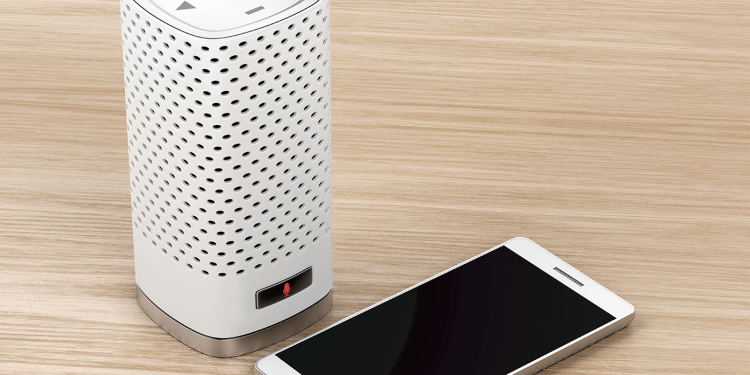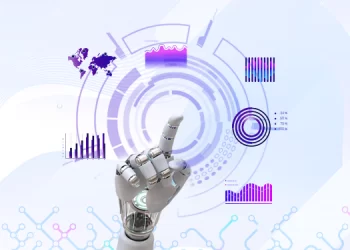The key to the popularity of voice assistance is ‘Voice.’ A voice assistant is a digital helper that uses voice recognition, natural language processing or speech combination to offer a service via a particular application. Almost all the devices we use today utilize voice assistants, for example, they are present in our phones or the smart speakers installed in our homes. Numerous mobile apps and operating systems are very much utilizing voice assistance. Furthermore, certain technology in automobiles, as well as in various sectors education, retail, healthcare, and telecommunications environments, can functional through voices. Apple’s Siri became the first digital virtual assistant to be available on a smartphone when the iPhone 4s was released, and Siri moved into the smart speaker world when the HomePod made its debut. Google Assistant on the Android platform happened, it also operational on Apple’s iOS but has restricted functionality.
Then the smart speakers were introduced in our lives, and Alexa and Hey Google became a part of our daily lives worldwide. Amazon’s Alexa is part of the Echo and Dot whereas the Google Assistant is part of the Google Home, Samsung introduced Bixby, IBM made Watson, Microsoft constituted Cortana on its devices, and Nuance has Nina.
Evolution of Voice Assistance:
Artificial intelligence assistants also had advanced and made from progress from being a text-only option where the interaction was through typing questions to recognizing instruction through voice. Voice assistant applications or smart speakers are omnipresent, listening for their wake words. By default, the words “Hey Siri,” “Hey Google,” “OK Google,” and “Alexa” are the standards on their particular devices, but users can personalize their wake words to some extent. The knowledge to make these adjustments can be particularly helpful if someone named Alex or Alexis lives in the home.
Wake words rely on a unique algorithm that is always hearing for a distinct word so that a phone or smart speaker begin interaction with a server to do its job. These wake words have to be protracted enough to be separate, easy for a human to articulate, and effortless for a machine to identify and these words cannot be changed to anything one wishes. As the recognition and usage of voice assistants prolong to increase, it is only natural for some people to have qualms about using them. Some of the big problems regarding voice assistants include.
Privacy:
Privacy is a significant fear, primarily relating to smart speakers. This is owing to the reason that while waiting for their wake word these bright speakers are always listening. On a smartphone, pushing a button or opening an app can set in motion this assistant and once the application is awake, it begins recording audio clips of what the user is saying. These clips symbolize the files that go to a server to course the audio and put together a response. The users have to understand that the smart speakers are not the real machines the real brain is on a big server situated elsewhere. What the speaker sends is on an encrypted connection. However, the speakers do not record anything before their wake words.
Accurateness:
Voice assistants do not always recognize what we are asking because there may be some difference in the way we will be communicating with the voice assistant. Other times, it is merely because the artificial intelligence has not yet learned how to do something. In 2017, a company called Stone Temple used 5,000 questions to test the accuracy of Google Assistant, Siri, Cortana and Alexa, and among them, Google got the most accurate responses.
Hackability and Safety:
Even though voice assistants converse with their servers using encrypted connections, there is still apprehension about its security and hackability. This can be seen when this year Amazon’s Echo users reported it would suddenly give an evil laugh for unknown reasons. In the beginning, people thought their speakers had been hacked, but later when Amazon investigated the crisis they announced that the Echo had detected words similar to “Alexa laugh,” hence began laughing. As a response, Amazon incapacitated the response and changed Alexa’s reply to a user’s request that it laughs to “Sure, I can laugh,” following which it would laugh.








